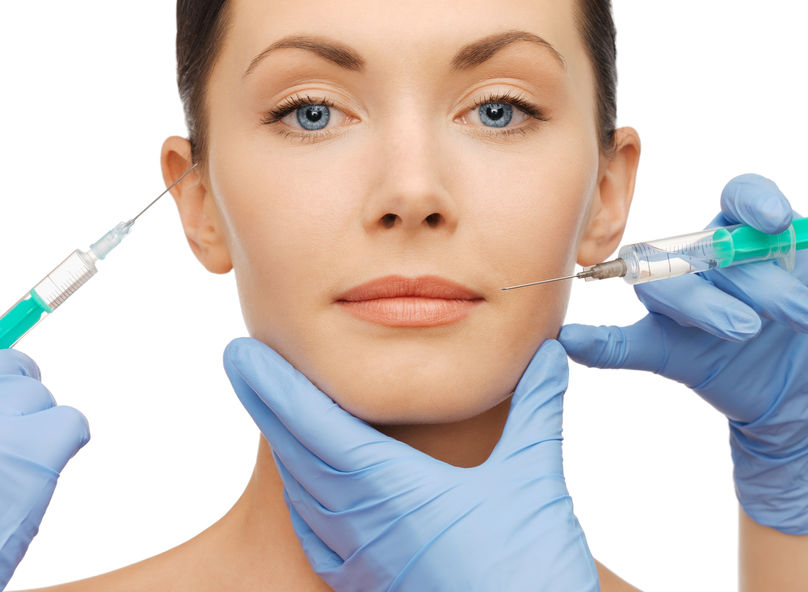
Pretty much everyone has heard of Botox and its appealing anti-aging properties. Celebrities have been making Botox one of the most famous nonsurgical cosmetic treatments for reducing forehead lines and crow’s feet, but there are actually other options available today that are sometimes preferable to Botox for a variety of reasons. One of the competitors of Botox is Dysport.
Same Active Ingredient
Botox and Dysport both use the same active ingredient, a neurotoxin called abobotulinumtoxinA. When properly injected into a target area on the face, the neurotoxin forces the muscles to relax. This prevents your face from making repeated facial expressions that cause lines to form. As treatment continues, the lines already apparent can also decrease in severity.
Differences in Makeup
Botox and Dysport might use the same active ingredient, but that’s where their similarities end. The two injectables are completely different in every other way. Dysport uses much smaller molecules of the neurotoxin, which allows it to react a bit differently. It can take more Dysport to treat the same area as Botox, but Dysport has some advantages.
How They Compare
Botox and Dysport are likely to give you about the same results, but maybe not with the same number of units. Dysport will take more units to cover one area than Botox in many cases. However, because Dysport is so much more affordable than Botox, the cost to get the treatment could be the same or slightly lower.
Another difference is in how quickly you see results. With Botox you begin to see results in 7 to 10 days with final results within a couple of weeks. With Dysport you are going to see your results as soon as 4 days after treatment, and these will continue to improve over the course of the next few weeks.
If you are interested in either Botox or Dysport treatments, contact us today to schedule a consultation or appointment.
- What Causes Thyroid Nodules to Grow? - April 25, 2024
- The Connection Between Headaches and Hormones - April 21, 2024
- Foods to Avoid if You Suffer From IBS - March 23, 2024

